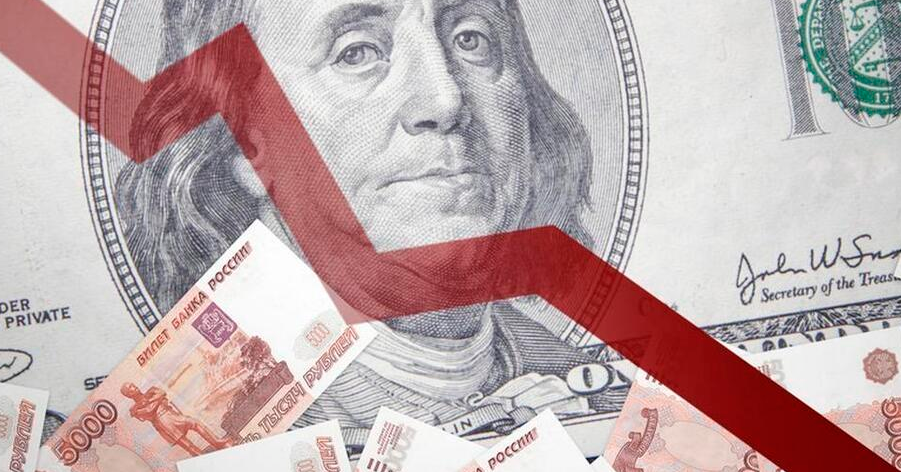EV Truck Company Declares Bankruptcy
Advertisements
In a significant turn of events, the ambitious American startup Nikola, often dubbed the "Tesla of trucks," has found itself in dire straits, announcing its application for bankruptcy protection on February 29. This revelation came as a shock, given the company’s previous standing as a beacon of hope in the hydrogen fuel industry. Following the news, Nikola’s stock price plummeted by over 50% during the trading day, closing with an approximate 40% drop.
Established in 2014, Nikola aimed to revolutionize the commercial vehicle sector with its hydrogen-powered trucks. The firm, named after the renowned inventor Nikola Tesla, captured the attention of major investors, including Bosch, General Motors, and others, raking in substantial pre-orders prior to its public listing. By the end of 2016, Nikola boasted an impressive $4 billion in pre-orders, with major contracts from logistics giants such as US Xpress and Anheuser-Busch, which placed an order for more than 800 hydrogen trucks in 2018. These endorsements fueled loftier expectations, with Nikola’s market cap soaring as high as $30 billion, eclipsing established automotive giants like Ford and Fiat Chrysler early in its stock market journey.

However, the tide began to turn in September 2020 when a report released by Hindenburg Research alleged that Nikola had misrepresented its capabilities and engaged in deceptive practices. Accusations surfaced that the company used a staged promotional video to mislead investors, where gravity was leveraged to portray their vehicle as operational, while it was essentially rolling downhill without being powered. This bombshell led to General Motors retracting its investment plans and Bosch reducing its stake in the company.
The fallout from the Hindenburg report was swift and severe. Following these revelations, Trevor Milton, the founder of Nikola and a key figure in its growth story, resigned amid scrutiny. In 2021, he was charged with securities fraud and other crimes stemming from his misleading statements regarding the company’s technology. Milton was subsequently convicted on three counts of fraud and sentenced to four years in prison, marking a dramatic fall from grace for the once-visionary leader.
Despite initial excitement and momentum, Nikola struggled to deliver on its promises. In 2023, the company reported only 112 hydrogen trucks delivered in the first half of the year, followed by 88 in the third quarter. In stark contrast to its lofty pre-orders and expectations, Nikola’s financial reports revealed bleak numbers: $64 million in revenue against a staggering net loss of over $480 million for the first three quarters of 2024. By the end of Q3 2024, Nikola’s cash reserves stood at just $198 million, insufficient to sustain operations beyond six months without further capital infusion.
In a desperate bid to revive the company, Nikola's executives acknowledged during a conference call that while there were plans in place to address debts due in early 2025, the financial outlook beyond that was grim. They engaged in negotiations with potential partners, hoping to secure deals that could stabilize the company's finances. These efforts, however, proved insufficient, leading to the decision to file for bankruptcy protection.
Nikola's turbulent narrative serves as a cautionary tale within the realm of start-ups, particularly in the highly politicized and competitive automotive industry. It ignites discussions about the sustainability of ambitious claims made by companies in the race for cleaner energy solutions. The enthusiastic deployment of hydrogen technology has been positioned as a critical component in the effort to decarbonize transportation. Still, Nikola’s downfall highlights the complexities and challenges of transitioning from a concept to tangible, scalable products.
Additionally, the case underscores the importance of regulatory oversight and accountability in ensuring that companies deliver on their promises to shareholders and investors. The repercussions faced by Trevor Milton illustrate the legal ramifications that can arise from unethical practices in business operations, serving as a reminder for current and aspiring entrepreneurs about the significance of integrity and transparency.
As Nikola navigates its way through bankruptcy proceedings, the implications of its struggle could resonate across the hydrogen energy sector and the broader automotive landscape. The ambitious hopes initially tied to the company will now serve as a poignant reminder that the journey from concept to actualization is fraught with risk and that success requires not only innovative technology but also sound business practices and ethical conduct.
The future of Nikola remains uncertain, but the company’s legacy will undoubtedly shape discussions about the viability of hydrogen as a fuel source for commercial vehicles. As the global economy increasingly pivots towards sustainable energy solutions, the lessons learned from Nikola’s rise and fall will be crucial in guiding future ventures in the decarbonization of transport.
Investors and industry analysts will be watching closely as Nikola moves through its bankruptcy process, contemplating what the future may hold not just for the company itself, but for the growing hydrogen economy and for the sustainability efforts of the transportation sector as a whole.
Leave a comment
Your email address will not be published